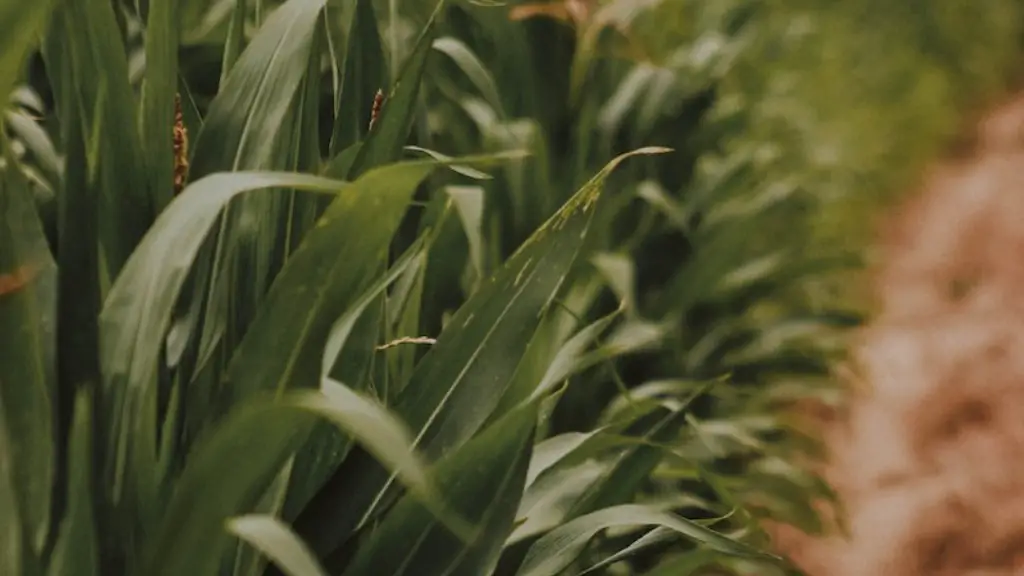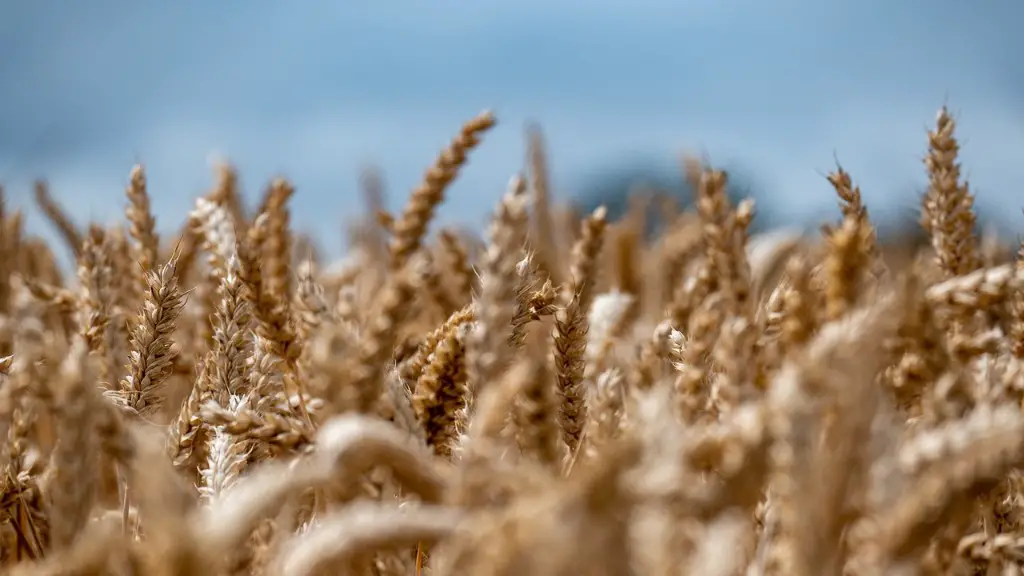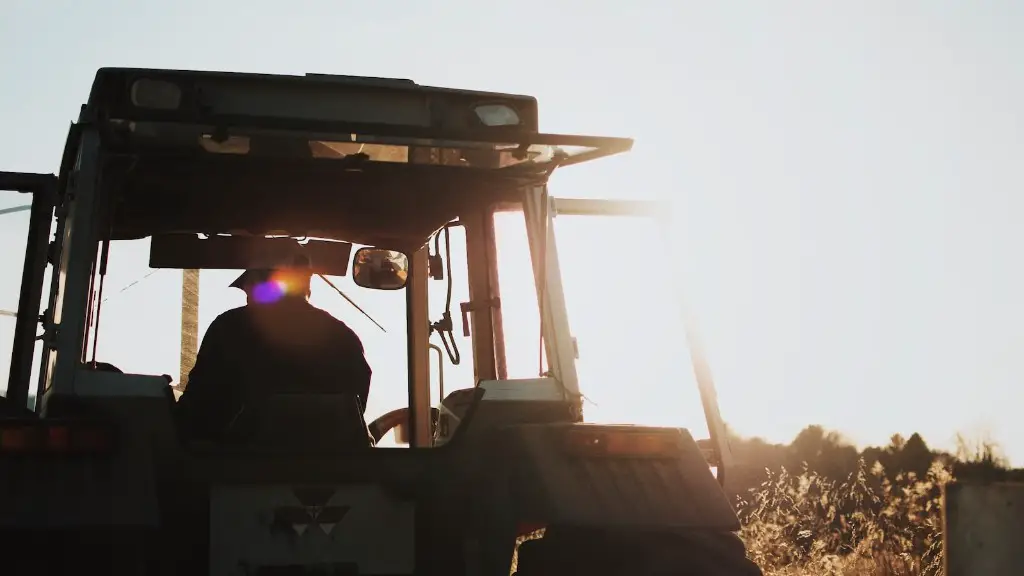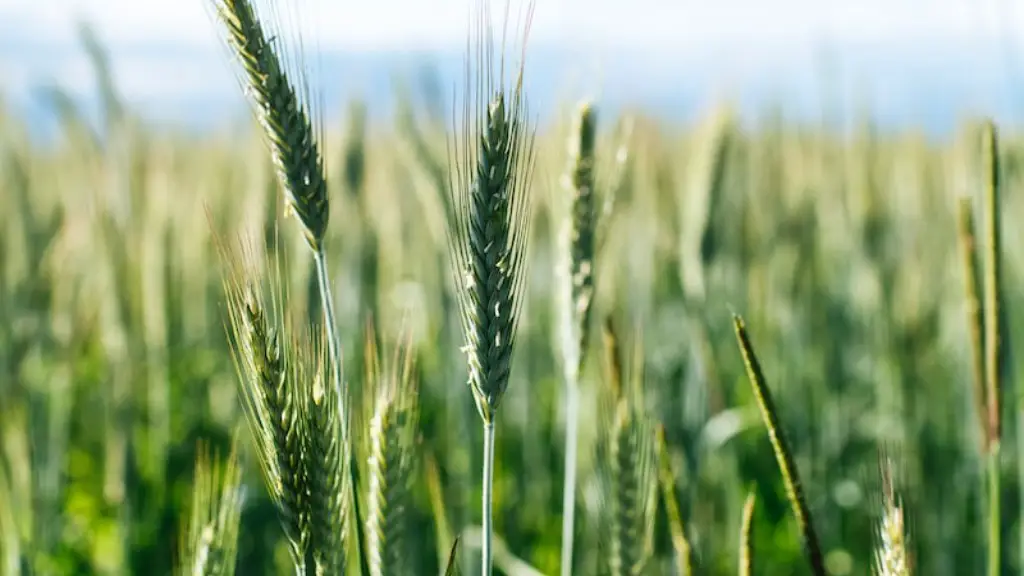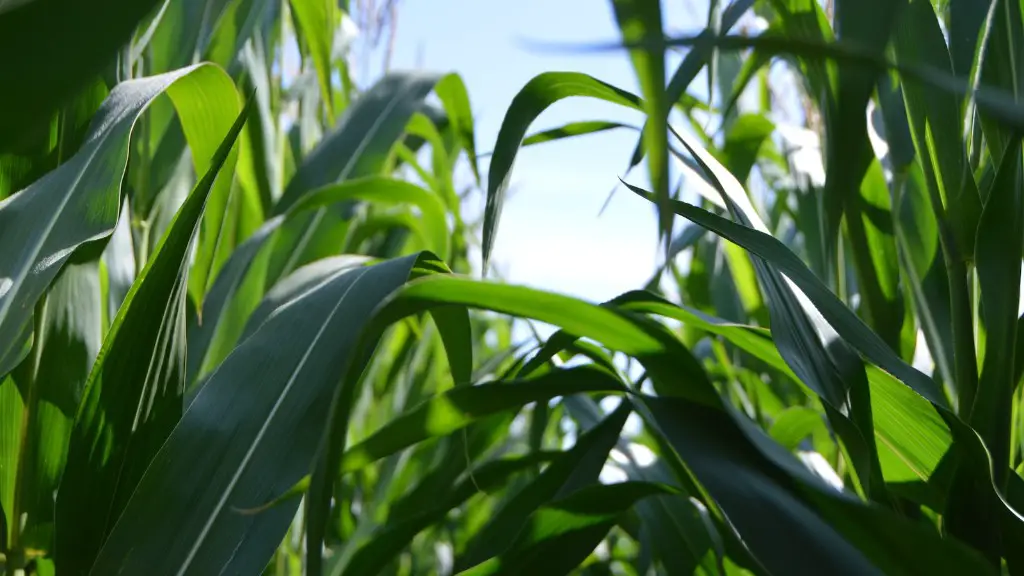Dairy agriculture, or dairy farming, is the practice of raising and caring for dairy animals who produce milk and milk products. Dairy farming has become more industrialised over the years, with increased mechanisation and technology. This has enabled farmers to increase milk production and improve animal husbandry. Dairy farming is labour intensive, but it can be profitable for those who choose to pursue it. Dairy farming is done all over the world, with the majority of milk production coming from Europe, Asia, and the United States.
Dairy farming involves taking care of dairy animals, such as cows, goats, and sheep. Farmers must milk the animals twice a day, while providing them with adequate feed, water, and shelter. Veterinarian care is also essential for the health of dairy animals. In addition, dairy animals must be bred in order to produce milk, which requires the use of artificial insemination.
The milk produced from dairy animals is then processed into products like cheese, butter, and yogurt. Dairy products are a significant source of nutrition in most diets. Dairy products are high in calcium, protein, and other important vitamins and minerals. Additionally, they are a good source of energy and can help with weight management. As such, dairy products have become a staple in many diets.
Despite the benefits of dairy agriculture, there have been some criticisms in recent years. Dairy cows have been subject to much controversy, with some claiming that the animals are mistreated and overcrowded in many commercial settings. There are also some concerns about the environmental impact of dairy farming, as the large quantities of manure produced by the animals can lead to pollution of waterways and other habitats.
The milk and milk products produced from dairy farming also come with some health risks. Dairy products contain cholesterol and saturated fat, which can increase the risk of cardiovascular disease and other health conditions. Some people are also lactose intolerant, which means that they cannot digest lactose, a sugar in milk.
Is Dairy Agriculture Ethical?
Ethics is an important issue when discussing any agricultural activity. Dairy farming has been subject to much debate, as some view it as animal exploitation while others view it as a sustainable form of agriculture. On the one hand, some animal rights activists have accused dairy farmers of treating their animals poorly, claiming that they are confined in small spaces, subject to painful procedures such as dehorning and tail docking, and overworked. On the other hand, dairy farming is widely viewed as an important source of nutrition and can be done in a way that respects the animal’s welfare and sustainability.
Ultimately, the ethical debate comes down to a matter of opinion. Those who view it as animal exploitation have every right to their opinion, as do those who view it as a sustainable form of agriculture. Ultimately, it is up to each individual to decide whether dairy farming is ethical by weighing the moral, environmental, and nutritional issues at stake.
Is Dairy Agriculture Environmentally Sustainable?
Dairy farming has been subject to much debate when it comes to environmental sustainability. On the one hand, some believe that dairy farming is not environmentally sustainable due to the large quantities of manure produced by dairy cows, as well as the large amounts of energy and water required to produce dairy products. On the other hand, some argue that dairy farming is an important part of human nutrition and that the environmental issues associated with it can be managed with proper environmental protection measures.
Ultimately, the environmental impact of dairy farming is complex and depends on the individual farm and its management practices. Dairy farmers must take into account the impact of their management decisions on the environment and take steps to reduce their environmental impact. Examples include managing waste and effluent, conserving water, and utilizing renewable energy sources.
What Are the Benefits of Dairy Farming?
Dairy farming can be a rewarding experience both financially and emotionally. Dairy farmers can realize economic benefits from the sale of dairy products, while also gaining a sense of purpose and pride in producing a valuable agricultural product. Additionally, dairy farmers can benefit from the companionship of their animals and the satisfaction of working outdoors.
Besides the economic benefits, dairy farming can also have a beneficial impact on the environment. Dairy cows produce manure that can help improve soil quality, while pasture based farming can help to conserve land, water, and wildlife. Furthermore, dairy farming can also help reduce food insecurity in areas where there are limited food sources.
What Are the Challenges of Dairy Farming?
Though there are many benefits to dairy farming, it can also be a challenging profession. Dairy farmers must manage their herds, which requires the knowledge of animal husbandry and the experience to make the right decisions. Additionally, dairy farmers must also abide by government regulations and ensure that their production meets the standards and requirements of their customers.
Dairy farmers must also manage their labor costs, as agricultural labor can be expensive. Additionally, dairy farmers must contend with unpredictable and extreme weather conditions, fluctuations in milk prices, and the risk of disease and injury. As such, dairy farming can be stressful, and farmers must be prepared to face these challenges.
What Are the Alternatives to Dairy Farming?
Besides dairy farming, there are a number of alternatives to producing milk, such as soy milk, almond milk, and coconut milk. These dairy-free alternatives are becoming increasingly popular and can provide the same benefits as dairy products, such as calcium and protein. Additionally, these alternatives are also perceived as more sustainable and ethical than dairy farming.
That being said, these dairy-free alternatives are still not as widely available and can be more expensive than dairy products. Furthermore, many alternatives contain added sugar, preservatives, and artificial colors, which can be unhealthy. As such, those considering these dairy-free alternatives should ensure that they are making an informed decision.
Is Dairy Agriculture Sustainable?
The sustainability of dairy farming depends on a number of factors, such as the method of production, the land management of the farm, and the animal welfare practices employed by the farmer. Sustainable dairy farming involves utilizing regenerative farming practices, such as organic-based farming and pasture-based farming. Additionally, dairy farmers must also use efficient and responsible waste management techniques and minimize the use of chemical inputs.
Moreover, sustainable dairy farming also involves employing animal welfare practices such as providing adequate shelter and nutrition, as well as allowing animals to express natural behavior. Additionally, dairy farmers must be aware of the environmental impacts of dairy production, such as water and air pollution, and try to minimize these impacts. Ultimately, sustainable dairy farming is achievable in the right conditions, but it is up to the dairy farmer to ensure that their operation is as sustainable as possible.
What Are the Impacts of Dairy Farming?
The impacts of dairy farming are wide-reaching and can depend on the individual farm and its management practices. The impacts of dairy farming can be positive, such as providing food security, employment opportunities, and preserving valuable agricultural land. Additionally, dairy products also provide essential nutrition for humans, such as calcium, protein, and other vitamins and minerals.
On the other hand, dairy farming can also have some negative impacts, such as the pollution of water sources, soil erosion, and the mistreatment of animals. Additionally, there have been concerns about the health risks associated with the consumption of dairy products, such as cholesterol. Dairy farmers must be aware of the potential impacts of their operations on the environment and their communities, and take steps to minimize potential risks.
